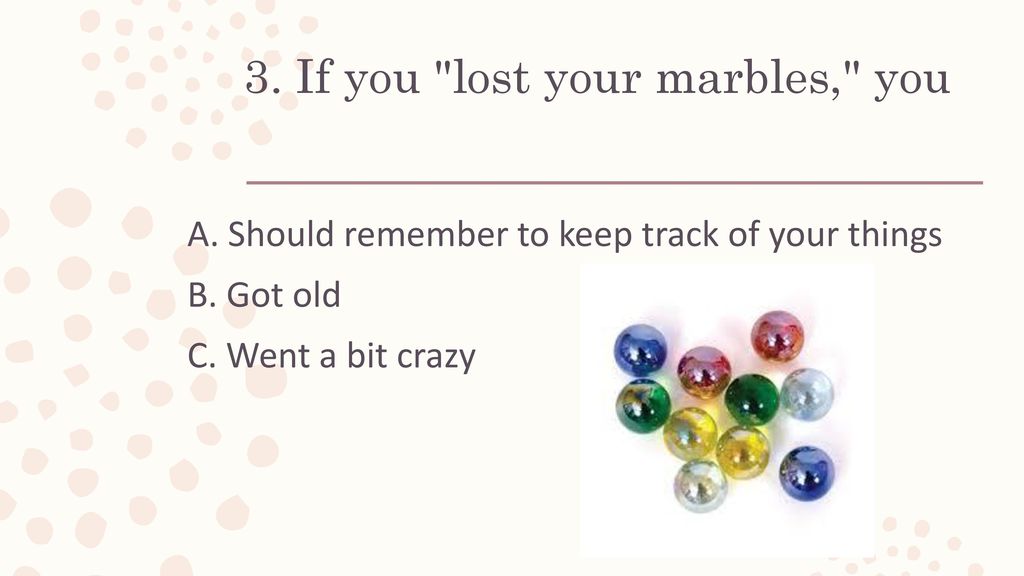

The boy seemed to notice someone here, looking around and shouting, "Who's there?" His bow was poised to strike, and Wei Wuxian gleefully prepared his performance as an arrow was fired towards the apple in his hand. If they had been arrogant before, he could only imagine what it was like now, with their ruler being the "commander" of all cultivators. How wealthy! Who was this boy to have this much money for seemingly he alone to spend on expensive spirit nets? That said, he had caught up on quite a bit regarding what he missed, at least where the Jin Clan was concerned. "What?!" The boy sounded extremely annoyed, giving the impression this was not the first time he had caught something he hadn't wanted to, "A donkey?! I set more than four-hundred spirit nets, and I haven't even seen my prey!" It didn't take long for Wei Wuxian to realize this was a young master studying in the LanlingJin Sect since the sect was the only one with a white peony as the clan pattern. He heard the sound of parting branches and ducked out of sight just in time to see a boy wearing a light-colored robe emerge from the dark forest. It hadn't expected to see one of these in such a remote area, which was part of the reason he took this route in the first place. He looked up at his screaming donkey, trying to determine what he could do in this situation. No matter what the creature trapped was, it would take a long while to struggle out since it could only be broken by a superior magical tool-something Wei Wuxian lacked in. Although the threads were thin, the material was fine in quality, making them difficult to break. Wei Wuxian barely managed to roll out of the way in time, and he realized this was a spirit net. He couldn't change the past, no matter how much he may want to, so he focused himself on the road ahead. But it was no use to think of such things. He grimaced slightly, thinking about how much he would prefer to have Wen Ning by his side. If it was a good one, he'd put it to use. He needed a ghost soldier to do his dirty work for him, especially given how weak this new body was. Register for the Daily Good Word E-Mail! - You can get our daily Good Word sent directly to you via e-mail in either HTML or Text format.After narrowly escaping Mo Village before Lan Xichen had the chance to recognize him, Wei Wuxian decided the best course of action was to head to Dafan Mountain.

(Now let's take the bull by the horns and the time to thank Mary Jane Stoneburg of Lewisburg, Pennsylvania, for yoking us up with today's word.) English jostle is a former diminutive of joust, borrowed from the presumable Latin verb iuxtare "to be next to" from iuxta "nearby", another relative.

The same root became jungas "yoke" in Lithuanian, while in Sanskrit it became yoga "union, a joining", which English speakers also enjoy today. Latin jugum "yoke" is another descendant, this one visible in English jugular, conjugate, and subjugate. Word History: Today's Good Word is a bare tracing of Greek zeugma "a bond, binding" from an earlier PIE root yeug-, also the origin of English yoke. In Play: Let's look at an example of zeugma from Dombey and Son by Charles Dickens: "Miss Nipper shook her head and a tin canister, and began, unasked, to make the tea." Get the idea? Now let's see if we can do it: "Councilwoman Rankin would rather press the flesh than her clothes." You have probably already heard something similar to this, "He drove his car recklessly and his wife crazy." All these sentences suffer from inoperable zeugma. As you can see, zeugmatic is the adjective of this noun zeugmatically would be the adverb. However, if you combine them as in, "He lost his marbles and his hat," the result is an amusing zeugmatic expression, which is syntactically good but semantically mushy. "To lose your marbles" is idiomatic (marbles were not actually lost) while the meaning of "to lose your hat" is straightforwardly literal. Notes: Zeugma (syllepsis) usually indicates that one of the words or phrases involved is used normally while the other is in an idiom. "He flew off the handle and straight to Rio." Meaning: The synonym of syllepsis, a syntactic construction in which one subject governs at least two predicate phrases even though its sense applies to them in different ways, e.g.


 0 kommentar(er)
0 kommentar(er)
